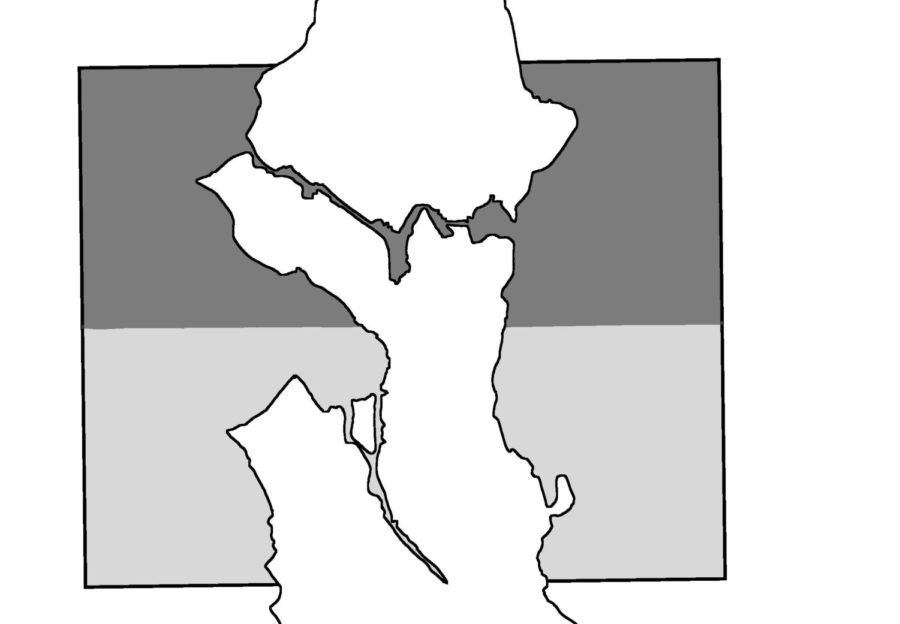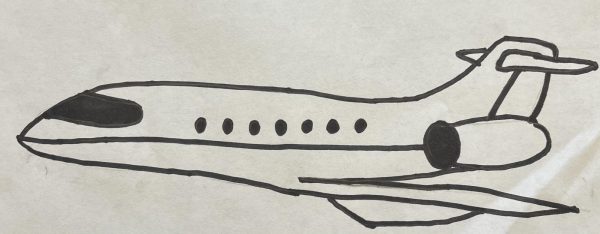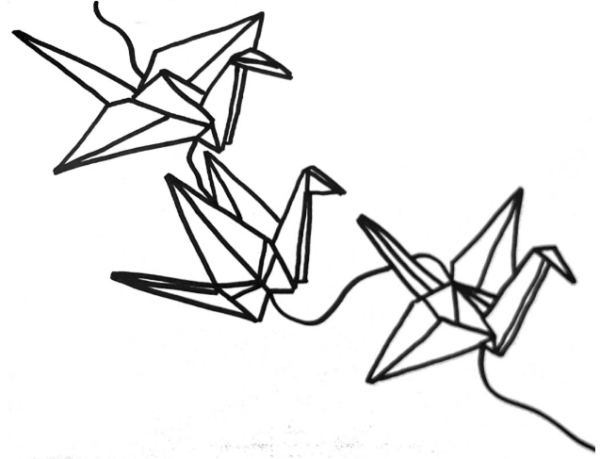Culture, Awareness, and Activism
A look at the Ukrainian population in Seattle.
Ukraine has been dominating the news cycle in the past few weeks; in news headlines, protests, and political debates. People are researching Ukrainian history to better understand its previous and present relationship with Russia and to try and get a better grasp on the current situation. While for those without connections to Ukraine it is laudable to attempt to understand the conflict and to be supportive, for some it is deeply personal.
Sofiia Fedzhora was born in Ukraine and lived in Kyiv before moving to Seattle last September. Her parents still live in Kyiv, and she has relatives in the Lviv region in Eastern Ukraine.
Fedzhora is a Fulbright scholar at the University of Washington, and is participating in the Fulbright Foreign Language Teaching Assistant program. The program allows Fedzhora to be a teaching assistant in several Ukrainian language classes while attending classes at the UW as a student.
Fedzhora likes it in Seattle, especially the nature and parks. She said the fact that it’s a big city, like Kyiv, makes her feel like she is at home. Some differences she’s noticed between Seattle and Kyiv are transportation and education. “In Kyiv there are many public transportation … but here [in Seattle] I have realized that the majority of people use cars instead of Metro or buses,” Fedzhora said.
Another difference is in the educational process, specifically class length. When she studied at Taras Shevchenko National University of Kyiv, Fedzhora’s lessons would typically last around an hour and a half, whereas at the University of Washington her classes are closer to forty-five minutes.
Fedzhora said the Ukrainian community in Seattle is very big, and has been very active particularly in the past few weeks. “I got acquainted with the Ukrainian Association of Washington State (UAWS) and right now we are organizing different projects in order to send humanitarian aid cargo to Ukraine,” Fedzhora said.
The UAWS has been organizing rallies to help garner support for Ukraine following its invasion, and to convince government officials to send military aid.
Aside from activism, Ukrainian community groups in Seattle are a hub for cultural recognition and awareness. Fedzhora has been involved in events surrounding Ukrainian food, dance, and traditional Ukrainian caroling over the holidays.
Fedzhora said she has met hundreds of Ukrainians in Seattle over the past few weeks through her activism. One of her close friends, who is also a Fulbright scholar and majoring in global health at the UW, recently flew back to Ukraine in order to provide medical aid to Ukrainian refugees there.
“I feel here a great support, and I’m very grateful to all of you non-Ukrainians that you support us during this awful and hard time for our country,” Fedzhora said. Recently, the focus of Ukrainian groups in Seattle has shifted to address Ukraine’s cur-rent situation.
“The main point right now is to popularize Ukrainian history in order to show everyone that Ukraine is a sovereign country.” Another crucial aspect of this conversation is the importance of reliable news coverage. “We have an informational war… It’s very important to tell people the truth because the same picture can be described completely differently,” Fedzhora said.
Visit uaws.org to find out ways to help the Ukrainian cause through volunteer work or donations.





